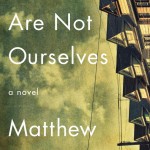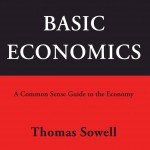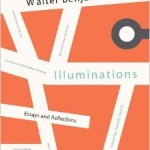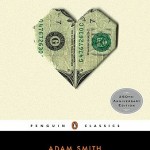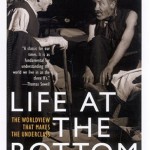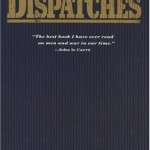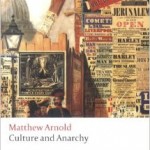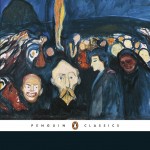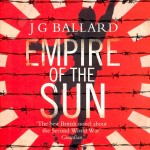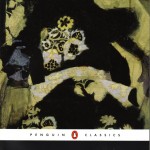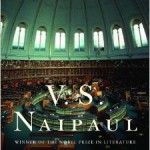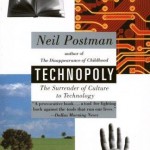One of my most painful childhood experiences involved watching my grandfather gradually succumb to Alzheimer’s disease. A man who in life possessed a prodigious intelligence, who worked as a doctor and medical researcher, and was rarely seen without a book […]
Thomas Sowell’s Basic Economics
I have distinct memories of being nine or ten years old and flipping through my parents’ newspapers, absorbing what I saw without really understanding anything. This was a glimpse into the world of adults, and part of me felt certain […]
Walter Benjamin’s Illuminations
Three months ago, The New Republic released a ranking of the “Top 100 Thinkers” of the 20th century, broken down into categories. The Literary Criticism section named five: Lionel Trilling, Edmund Wilson, T.S. Eliot, Susan Sontag & Walter Benjamin. Having at […]
Adam Smith’s The Theory Of Moral Sentiments
It’s probably bad form to begin a review by quoting another writer’s words, but this passage from Walter Lippmann’s Public Opinion has not left my mind since I finished it: “At the core of every moral code there is a […]
William H. Gass’ A Temple Of Texts
Every now and then, we readers are lucky to discover a writer who vibrates to our frequency, who seems so uniquely attuned to our thoughts and feelings that the incidental barriers of time and place are torn down and we […]
Theodore Dalrymple’s Life At The Bottom
One of the more insidious of Marxism’s dictums, implicitly subscribed to by most of today’s self-styled liberals, is that “class determines consciousness,” and not the other way around – though, to be fair to modern partisans of this idea, it […]
Walter Lippmann’s Public Opinion
In a speech in front of the House of Commons, Winston Churchill once quipped that “Democracy is the worst form of government, except for all those other forms that have been tried from time to time.” He was expressing a […]
Michael Herr’s Dispatches
One of the benefits of the study of history is context: you can make sense of your life not only in relation to your immediate circumstances but to the experiences of those that came before you. My grandfather, for example, […]
Matthew Arnold’s Culture And Anarchy
I have lately been thinking a great deal about culture in the era of multiculturalism, about what it means to be an American, or a Canadian, or a Brit. The recent attacks on Charlie Hebdo in Paris have brought the […]
Nietzsche’s On The Genealogy Of Morals
Exactly one hundred years before I was born, Nietzsche published On The Genealogy Of Morals, ostensibly to clarify and expand upon aspects of Beyond Good And Evil, though letters to his publisher reveal he was at least as interested in spurring sales […]
J.G. Ballard’s The Empire Of The Sun
I have to begin by thanking my brother Ken for introducing me to Ballard by shipping a copy of Empire Of The Sun to me across the Atlantic. I was even more grateful after finishing it. James Graham Ballard was born to British […]
Leo Tolstoy’s The Death Of Ivan Ilyich And Other Stories
I have turned to Tolstoy with the memory of Isaiah Berlin’s remarkable essay “The Hedgehog and the Fox” still fresh in my mind. There, Berlin divides the writers and philosophers of history into two distinct camps (a perilous exercise, he […]
V.S. Naipaul’s Literary Occasions
V.S. Naipaul’s Literary Occasions collects miscellaneous writings and speeches, including his Nobel prize lecture, from a career that spans the better part of a century. Born in Trinidad, in the small borough of Chaguanas, Vidiadhar Surajprasad Naipaul won an academic scholarship to […]
Neil Postman’s Technopoly
Science fiction has long preoccupied itself with themes of technology run rampant. From Stanley Kubrick’s HAL 9000, to James Cameron’s Skynet and the Wachowski brothers’ Matrix, we have no shortage of heartless artificial intelligences or indestructible machines revolting against their makers, waging war […]
Don DeLillo’s End Zone
One of the smaller pleasures of reading comes from uncovering the hidden relationships between writers. We speak of a literary tradition because writers, no less than scientists, build on the achievements of their predecessors. Shakespeare would not be Shakespeare without […]
